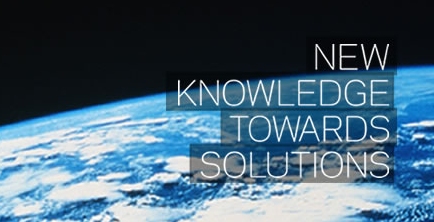Contribution to the panel discussion during the “Equity, equality and pathways towards sustainability” session of the Planet Under Pressure conference (26 – 29 March 2012, London)
Equity seems to be an easy topic compared to all the other tackled at this conference. First: we don’t need new knowledge to argue for human equity. We have enough with the old knowledge. Second: nobody is against equity, at least not in principle.
It is too easy to blame a lack of political will for the lack of equity today. Also science, or ‘the knowledge society’ has a responsibility. This conference takes a positive approach ‘beyond the gloom and doom’ and focuses on ‘new knowledge towards solutions’. That is a good thing, but with the focus on knowledge, there is a risk that we would again confuse rationality with positivism, as we have been doing in our political-economic approaches that created the problems we face today. Whether new, different or advanced knowledge, knowledge is not enough for global justice and prosperity, and the knowledge society would need to help us to convey that message.
The reason why is simple. We would need to make explicit in education, research and politics that our global challenges are essentially cases of moral pluralism. That is: even if we would all agree on the knowledge base of a specific problem, then opinions could still differ about the acceptability of solutions. The sciences (natural and social) can inform us about the character of options, they cannot clarify the choice to make. That applies to basically every issue that is discussed here. To what extent we should regulate our markets, reduce our meat consumption; to what extent we subsidise renewable energy technologies or make our economy green… are issues of moral pluralism.
So moral pluralism forces us to engage in processes of deliberate dialogue and decision making; processes in which science has a place, but that would generate societal trust already by their open and inclusive method instead of only by the rationality of their envisaged solutions. And here is where equity comes in. because in this sense, equity is not only about equal access to basic needs such as water, food, energy, health care and shelter and equal access to justice, but also about equal access to that kind of knowledge generation and decision making that aims to make sense and give meaning to the world, ourselves and the issues at stake.
Before we all can become equally responsible, we first need to have equal chances.
See more at the The Possibility of Global Governance website

